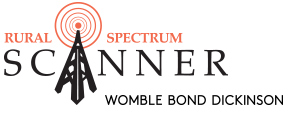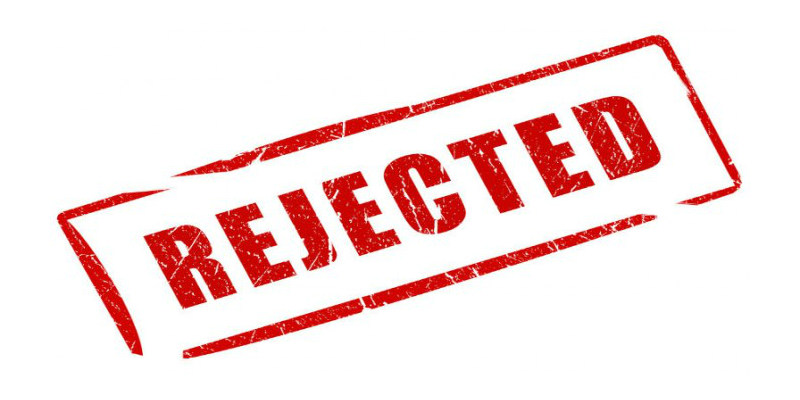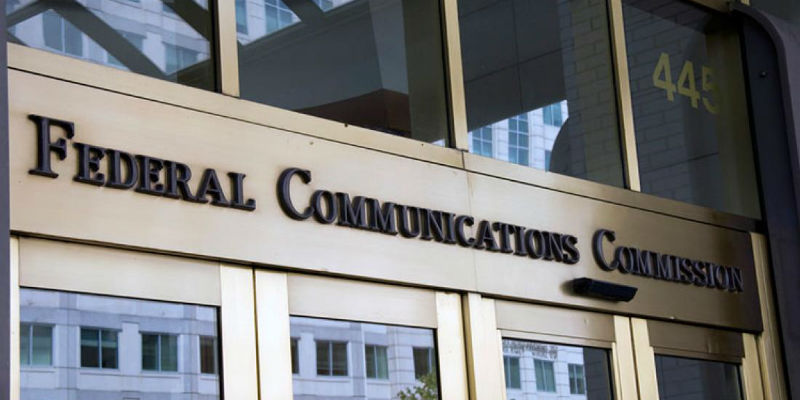The FCC’s Consumer and Governmental Affairs Bureau (CGB) has granted an interim waiver of the requirement that providers of Internet protocol relay service (IP Relay) handle 911 calls initiated by callers who have been registered, but not verified by an IP Relay provider. The move is expected to help prevent what is known as “swatting” – when an individual anonymously uses IP Relay service to contact a 911 dispatch center and tricks it into dispatching emergency personnel such as paramedics or a swat team based on a false report of a medical emergency or an armed threat. IP Relay is a form of text-based telecommunications relay service (TRS) that uses the Internet to allow individuals who are deaf, hard-of-hearing, or have speech disabilities to communicate with other individuals. Communications Assistants that handle IP Relay calls receive only text-based communications, meaning they are not able to readily determine whether the individual sending a message, is, in fact, someone who is deaf, hard of hearing, or has a speech disability. In 2008, the FCC established a mandatory system compelling IP Relay users to register to use the technology and requiring service providers to verify a user’s registration and eligibility before then assigning the user a 10-digit phone number. At the time, IP Relay users were allowed to use the service as “guest” users before completion of the verification process. In 2012, based on concerns about continued abuse of IP Relay services, the FCC eliminated the guest user provision, but will require IP Relay providers to handle 911 emergency calls placed by unverified registrants. Effective immediately, the CGB’s Order waives the requirement, for one year, that IP Relay providers handle 911 calls initiated by unverified users to prevent swatting while the FCC considers how to address the issue in the longer term.







